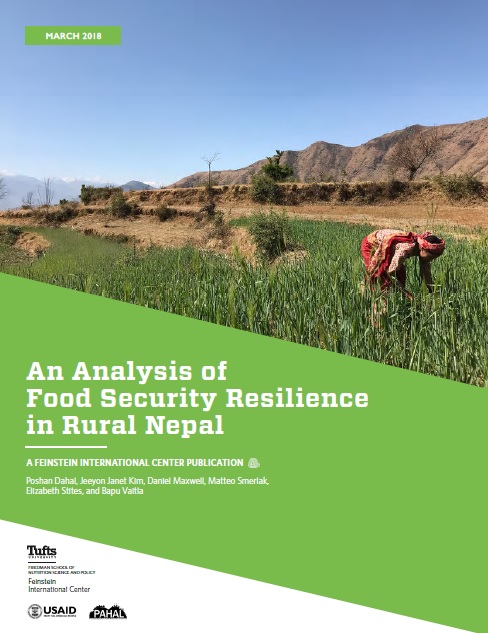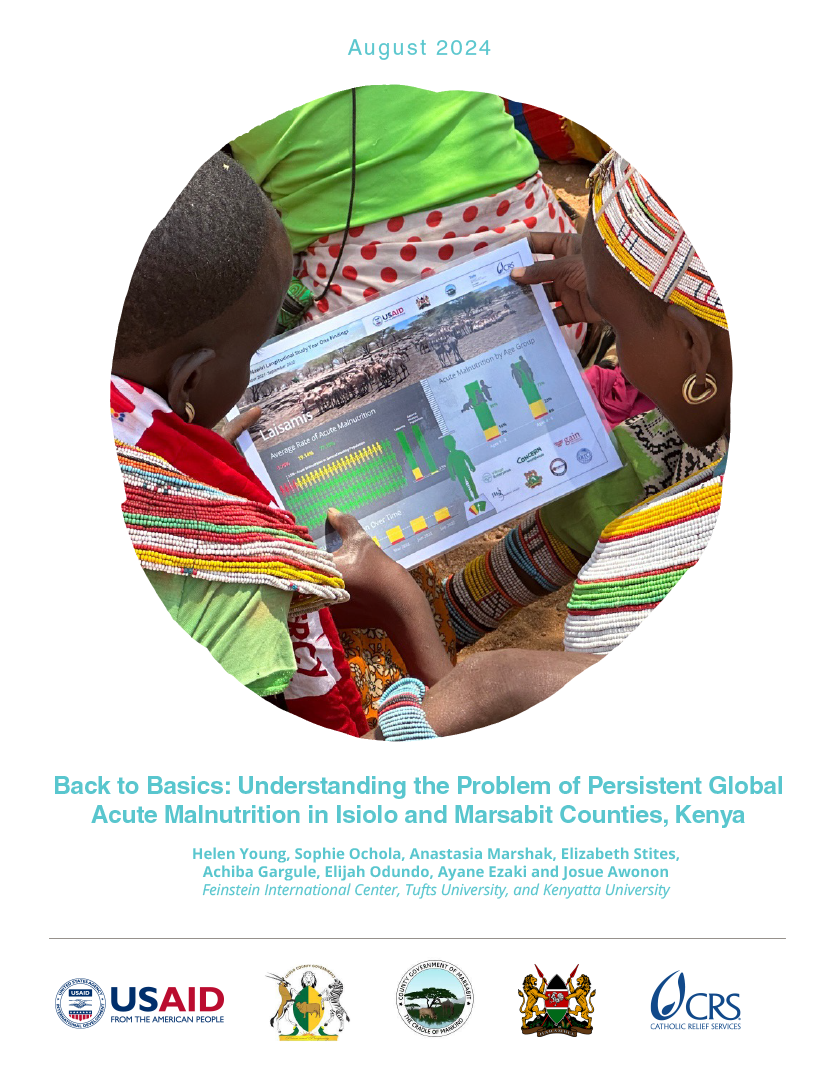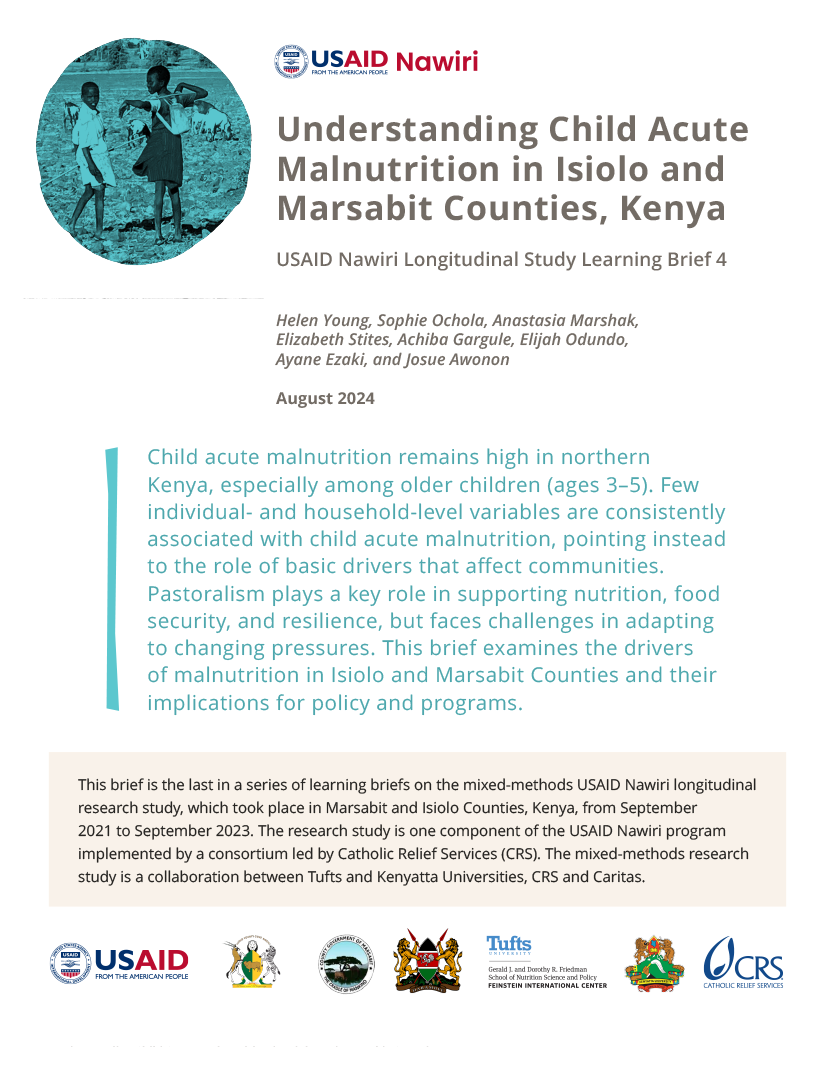This report investigates food security resilience in Far-Western Nepal. We explore avenues to implement a low-cost food security resilience monitoring system; develop a theoretical framework and quantitative methodology for measuring resilience; and qualitatively explore the effect of transnational migration and remittances on well-being, gender equality, and livelihood choices.
The report argues that rapid assessment indicators of food security can form the basis of an inexpensive resilience monitoring system. We also find that nearly 80% of all household capital is in the form of human capital, which illustrates the importance of migration, despite the pressures such a choice imposes on family and social structure. We show that within-community economic networks, especially as manifest in labor sharing, are critical and understudied aspects of the rural economy.
If your internet connection is slow, you may want to upload the smaller version of this report.







